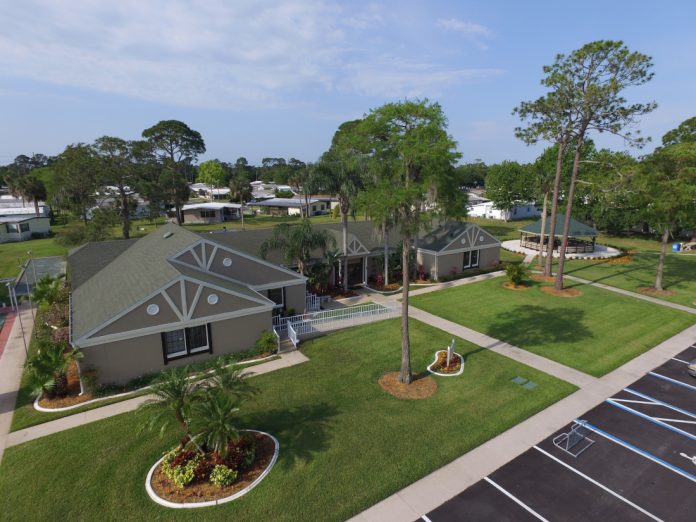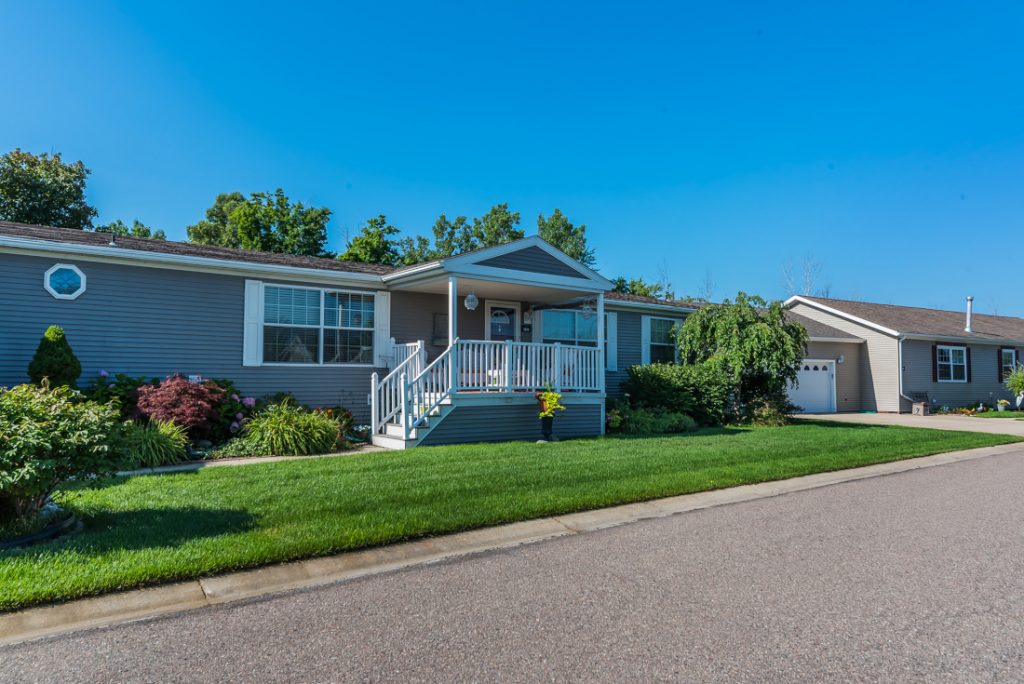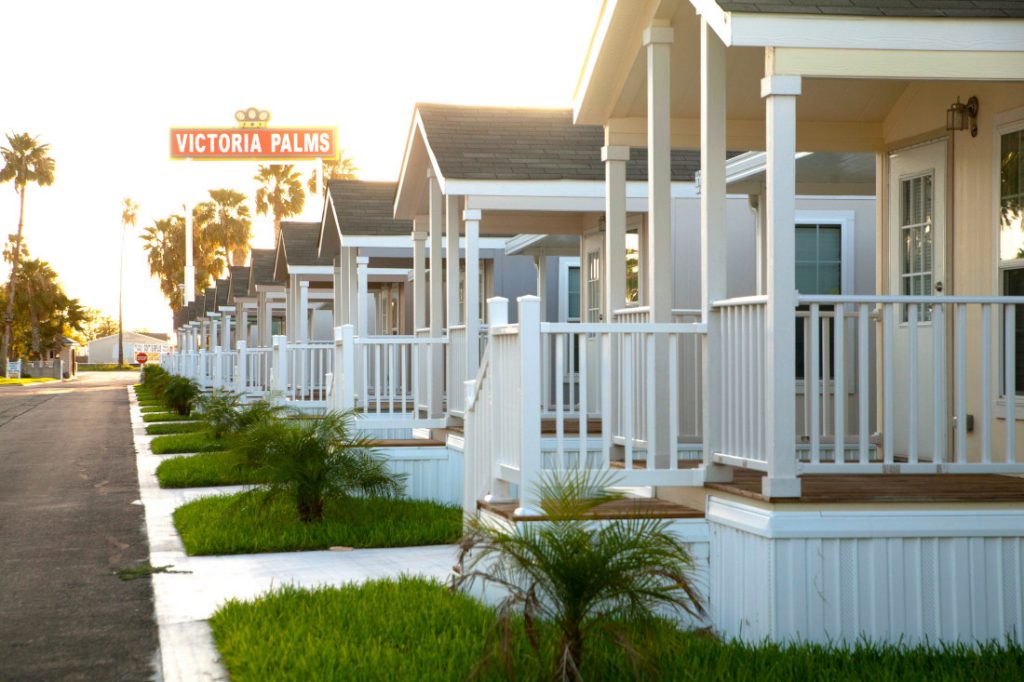
Selling a Manufactured Home Community to Family Can Get Complicated. Planning Is Important for a Successful Transaction in Manufactured Home Community Succession

Brett Danko has been advising small-business owners for a long time, long enough to know that when it comes to succession — helping them decide who will take over the family business — he has to be more of a “financial psychologist” than a financial planner.
Danko is a certified financial planner and managing member of Main Street Financial Solutions. He also partners with GENCapital, an Atlanta-based wealth management firm. He discusses business succession at manufactured housing industry trade shows and events.
MHInsider contacted Danko to learn more about the financial and emotional obstacles that can impede a successful business succession plan — and to learn about some of the obstacles that might be unique to selling a manufactured home community.
“A lot of people think, ‘someone will just buy my business,’ but these things take a long time,” Danko said. “I’m shocked at how many people don’t have all their ducks in a row before they even start the process.”
He said there are many ways to transfer a business besides simply selling it. Options include a family partnership, S corporation, self-cancelling installment note or charitable remainder trust.
“If you sit down with a good adviser, they can talk to you about these things,” Danko said. “Yes, it’s boring. Yes, your eyes will glaze over. But it’s important to explore these options.”

The Tough Questions
The “financial psychologist” part starts at the beginning. As an adviser, he has to figure out what the owners want. But all too often, the owners don’t know what they want. They haven’t asked themselves the tough questions. First and foremost: What will happen to the family business if I die, or become disabled, or start to slip mentally?
“When (the owner is) not there, the whole family can crumble,” Danko said. “I’ve seen it over and over again. Cousins aren’t talking anymore because the matriarch and patriarch didn’t handle it properly. Because it’s hard to talk about this stuff.”
Contingency Plan for Manufactured Home Community Succession
To prepare for the unexpected, the first thing you need as an owner is a contingency plan. As part of that plan:
- Make sure you have access to capital — cash reserves, a loan, or something similar.
- Designate someone trustworthy to take over management, at least temporarily.
- Proper estate documents are a must.
- Grant power of attorney to someone you trust.
- You also need a good lawyer, certified public accountant and financial adviser. “Good ones will save you a ton of money,” Danko said.
Family Matters
There are other questions owners should consider before they hold the all-important family meeting: If I’m thinking about selling, what do I want to do afterward? Where do I want to live? What will be the source of my income?
And if they are contemplating transferring the business to a child or a sibling: Do I want them to take over the business? Do they want to take over the business? If I gave them the choice between cashing out or taking over, which would they prefer? And if there’s more than one child, how can I split things fairly?
Sometimes, grown children join the family business because they’re newly divorced, or broke, or down and out for some other reason. They’re not there because it’s their passion. And if they don’t know what they’re doing, or don’t care, it could cause friction with other employees.
“You know in your heart of hearts whether your children or siblings would be good at running things,” Danko said. “You want them to want to be there.”
If you don’t think your children want to take over your business, one option is to sell it and invest in something they are passionate about, he said.
But if they do want to take over the business, Danko offers this advice:
- Make clear how involved you expect to be after the sale. Will you stay away, or can they expect you at work every day?
- Set them up in a good cash position. The more they have to spend buying your business, the longer it will take them to get ahead.
- Whatever arrangement you make, account for estate taxes.

Raising Rents Bothering You?
If you end up selling your manufactured housing community to an outside company, Danko said to be wary of this potential pitfall: The new owner could start raising rents higher, and faster, than you might like.
In most other industries, if a new owner raises prices, customers can always choose to switch to a competitor. But if residents of a manufactured home community can’t afford the new rent, their housing alternatives might be limited.
“People who own their own businesses might work with a customer who’s in trouble. I’m not saying ‘faceless corporations’ won’t do that, but they’ll do it less,” Danko said. “They’re here to make money.”
One way to avoid that problem is to make an agreement wherein the buyer can only raise the rent by a certain amount for a certain period of time. Including an agreement like that in the sale of your community might lower the price you get for it, but it could buy you peace of mind, Danko said.









